What are the common health issues faced by rescued rabbits and how can they be prevented?
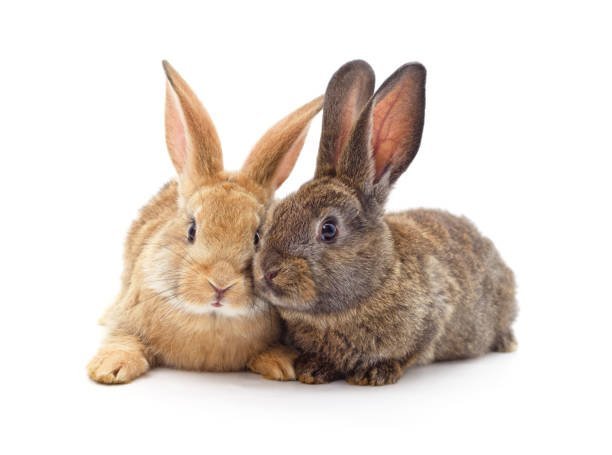
Introduction:
In this article, I’ll delve into the common health issues faced by rescued rabbits and explore effective prevention strategies. Rabbits are beloved pets for many, yet they often encounter a variety of health challenges, particularly when they have been rescued from neglectful or adverse conditions. These vulnerable animals are susceptible to a range of ailments, including dental problems, gastrointestinal issues, respiratory diseases, and skin conditions.
It is imperative for caretakers and rescue organizations to be well-informed about these potential health issues in order to provide the best care and quality of life for these animals. Prevention is key to ensuring the long-term well-being of rescued rabbits, as addressing health problems proactively can enhance their chances of leading healthy and happy lives. This article will equip you with valuable insights and tips to safeguard the health of rescued rabbits and promote their overall welfare.
Dental problems:
Dental issues are a common concern in rescued rabbits. These animals have continuously growing teeth that require regular wear to maintain an appropriate length. When rabbits do not have access to a proper diet or appropriate items to chew on, their teeth can become overgrown, leading to malocclusion. This misalignment can result in pain, difficulty eating, and even abscesses. Dental problems are often detected through changes in eating habits, drooling, or pawing at the mouth. Preventing dental issues in rescued rabbits involves providing a well-balanced diet high in fiber, offering safe chew toys, and regular dental check-ups by a veterinarian with experience in rabbit care.
Another dental concern is the formation of sharp points on the teeth, especially the molars. These points can cause ulcers on the tongue or cheeks, making eating painful for the rabbit. Trimming or filing the teeth may be necessary to resolve these problems. Proper dental care is essential for preventing pain and suffering in rescued rabbits, as untreated dental issues can lead to severe health complications.
Gastrointestinal issues:
Gastrointestinal problems are a prevalent concern for rescued rabbits, often stemming from diet, stress, or abrupt dietary changes. Rabbits have a sensitive digestive system, and any disruptions can lead to conditions like GI stasis. GI stasis occurs when the normal movement of food through the digestive tract slows or stops altogether, resulting in discomfort and potentially life-threatening situations.
Preventing GI issues in rescued rabbits involves maintaining a consistent diet, providing ample fresh hay, and gradually introducing new foods. Ensuring proper hydration is crucial, as dehydration can exacerbate GI problems. Regular exercise and mental stimulation are also beneficial, as they reduce stress and promote gut motility.
Respiratory diseases:
Respiratory diseases are a significant health concern for rescued rabbits. These animals can be susceptible to various respiratory ailments, including upper respiratory infections and pneumonia. Poor living conditions, overcrowding, or exposure to cold and damp environments can increase the risk of these conditions.
Preventing respiratory diseases in rescued rabbits involves providing a clean and dry living space with proper ventilation. Adequate bedding and shelter are essential to keep rabbits warm and dry, especially in colder climates. Ensuring that rabbits are not overcrowded and have access to fresh air is crucial for their respiratory health.
Skin conditions:
Skin problems are another common health issue in rescued rabbits, often attributed to factors like poor hygiene, mites, or fungal infections. Rabbits can suffer from fur loss, scabs, and itching, which can cause significant discomfort and distress. Ensuring good hygiene in their living environment is crucial, as dirty or damp conditions can lead to skin issues. Regular grooming and thorough checks for mites or infections are essential preventive measures.
Preventing skin conditions in rescued rabbits also involves providing a balanced diet to ensure they get essential nutrients for healthy skin and fur. Adequate exercise and mental stimulation can help reduce stress and minimize the risk of skin problems.
Overgrown claws:
Overgrown claws are a common concern for rescued rabbits, as their nails can become excessively long and lead to mobility issues. Preventing overgrown claws involves regular nail trimming or providing appropriate surfaces for natural wear, such as safe flooring or scratching posts. Neglecting this aspect of care can cause pain and discomfort for the rabbits, affecting their overall well-being.
Overgrown claws can lead to accidents and injuries as well. Long nails can get caught in objects or even break, causing bleeding and pain. Regular grooming and ensuring that the rabbit’s environment supports natural nail wear are key to preventing these issues.
Obesity:
Obesity is a health issue that can affect rescued rabbits, often due to a lack of exercise and an imbalanced diet. Overweight rabbits are at risk of various health problems, including heart disease and joint issues. Preventing obesity involves providing a balanced diet, controlling portion sizes, and ensuring that rabbits have enough space for exercise.
Balanced nutrition is crucial to prevent obesity, as offering too many high-calorie treats or inadequate fiber can lead to weight gain. Rescued rabbits need opportunities to move and explore to maintain a healthy weight. Regular vet check-ups can help monitor their weight and overall health.
Stress-related ailments:
Stress-related health issues are common among rescued rabbits due to their backgrounds of neglect or trauma. Stress can manifest in various ways, leading to problems like gastrointestinal stasis or behavioral issues. Preventing stress-related ailments involves providing a safe and secure environment, as well as social interaction and mental stimulation.
Stress can affect a rabbit’s physical and mental health, so it is essential to create a comfortable and predictable living space. Providing hiding spots, toys, and companions when appropriate can help reduce stress levels. Regular interaction and gentle handling can also build trust and minimize anxiety.
Parasitic infections:
Parasitic infections are a potential health concern for rescued rabbits, as they can be exposed to various parasites like mites, fleas, or internal worms. Preventing parasitic infections involves regular check-ups by a knowledgeable veterinarian, maintaining clean living conditions, and practicing good hygiene.
Preventing external parasites like mites or fleas involves keeping the rabbit’s environment clean and free from infestations. Routine grooming and inspections can help detect and address external parasites in their early stages. Internal parasites can be prevented through deworming and maintaining proper sanitation.
Conclusion:
I hope this exploration of common health issues in rescued rabbits and their prevention measures has shed light on the essential care these vulnerable animals require. Rescued rabbits often come from challenging backgrounds, and understanding their specific health concerns is paramount to ensuring their well-being.
In conclusion, dental problems, gastrointestinal issues, respiratory diseases, skin conditions, overgrown claws, obesity, stress-related ailments, and parasitic infections are challenges that rescued rabbits may face. However, with diligent care, these issues can be prevented. Maintaining a balanced diet, providing a clean living environment, offering mental stimulation, and regular veterinary check-ups are key to safeguarding the health of these delicate creatures.
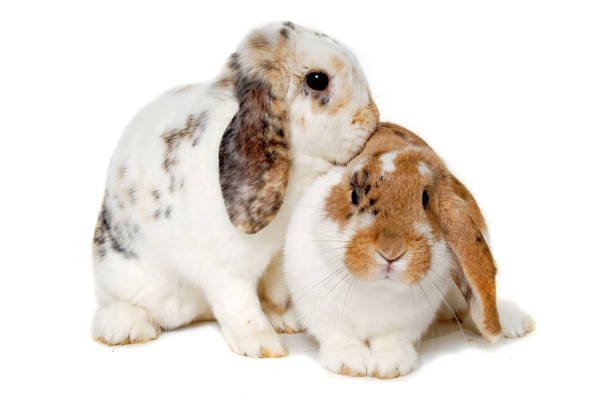
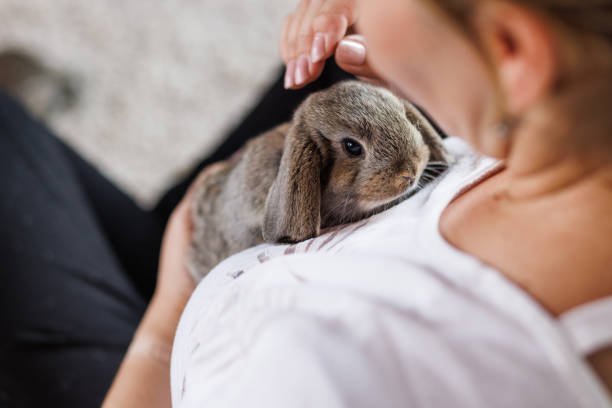

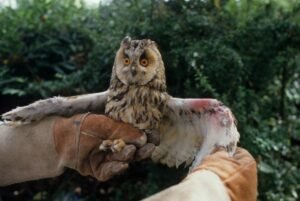

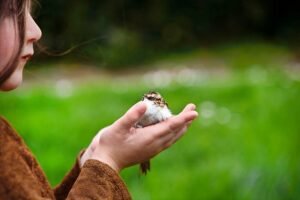
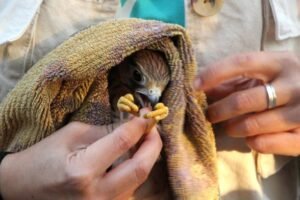

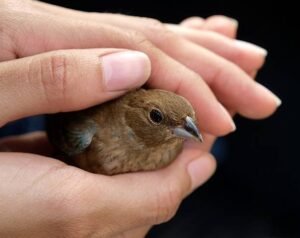

Post Comment